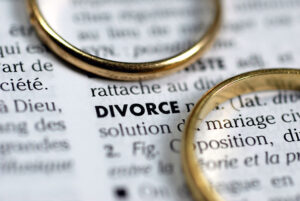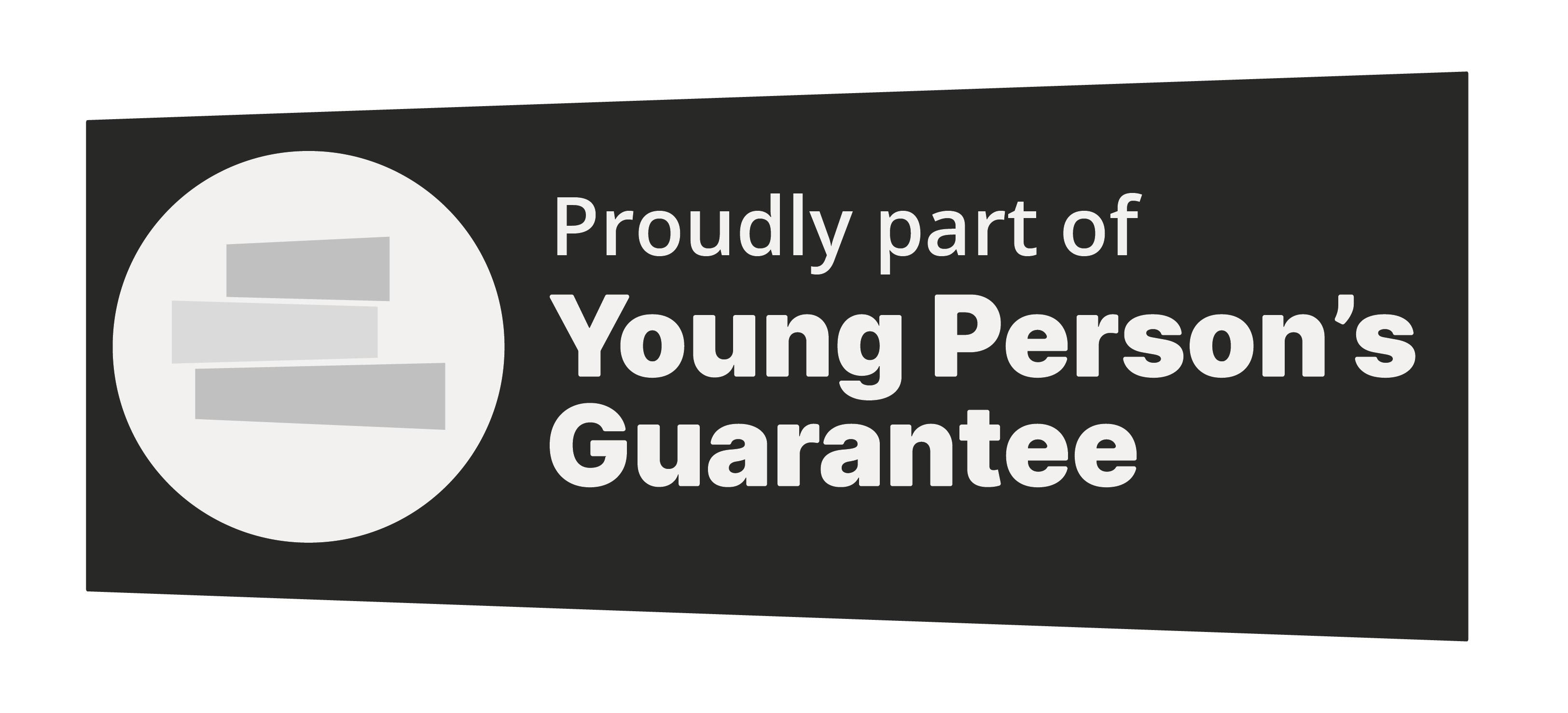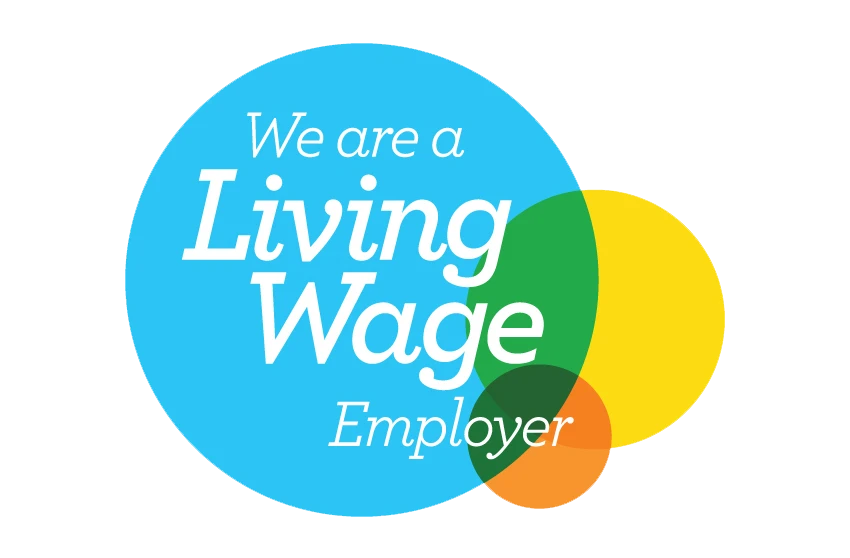Our team at Taylor & Henderson can advise on a full range of legal services in Scotland, including family law.
We can help you through a difficult time and allow you to progress with your life, working together to achieve the outcome you desire.
Below we have included a beginner’s guide to divorce and dissolution proceedings.
What is a Divorce?
- A divorce is the ending of the legal contract of marriage.
How do I get Divorced?
- You can only get a divorce by applying to the court and for a decree of divorce to be granted.
- This is normally by the Sheriff Court.
What is a Civil Partnership?
- A civil partnership is a legal relationship which can be registered by two people.
- A civil partnership gives you the same rights and responsibilities as a marriage.
How do I end a Civil Partnership?
- The process for ending a civil partnership is called dissolution.
- If you want to end your civil partnership before one of you dies you need to get permission from a court.
What is the procedure for Divorce and Dissolution?
- There are two types of procedure in Scotland that can be used to apply for divorce or dissolution of a civil partnership.
- These are known as simple procedure and ordinary procedure.
What is Simple Procedure?
- Simple procedure, also known as simplified divorce, is also applicable to a civil partnership dissolution, and can often be completed within a four-to-six-week period.
- The paperwork will vary depending on the court you lodge the divorce with.
- On completion, the application form will require the parties sign an affidavit.
Do I need to appear in Court?
- No, the parties do not need to appear in court for simple procedure divorces.
What is the Criteria for a Simplified Divorce?
- The marriage or partnership has broken down irretrievably based on either one-year separation with consent, or two years without consent;
- Because of the issue of an interim gender recognition certificate;
- There are no children of the marriage or partnership under the age of 16;
- There are no outstanding financial matters to resolve;
- You and your spouse or partner are not able to manage your affairs because of mental illness, personality disorder, or a learning disability;
- There are no other court proceedings which might result in the end of your marriage or civil partnership.
What happens if one of the criteria does not apply?
- If the answer is no to any of these questions, then you cannot use simple procedure, and ordinary procedure will need to be used instead.
What is an Ordinary Divorce?
- A divorce procedure which must be used in all cases where there are children under the age of 16.
- This procedure must also be used if all the criteria for a simplified divorce cannot be satisfied.
What does it mean if I raise the action?
- If you are applying for the divorce, you will be known as the pursuer and your ex-partner will be known as the defender.
Am I best trying to resolve matters before raising an action?
- During an ordinary divorce, the defender must decide whether they agree with what you are suggesting.
- This regards children, money, and property.
Will I need to go to Court?
- If the parties cannot agree on matters, they will have to attend court for judicial intervention.
- It is beneficial for both parties to try and reach an agreement before going to court.
What do I need to establish for a Divorce?
- You need to prove there has been an irretrievable breakdown in the marriage.
The irretrievable breakdown of a marriage can be proved if;
- There is unreasonable behaviour;
- There is adultery;
- You both agree to the divorce, and you have lived separate lives for at least one year;
- One of you does not agree to the divorce and you have lived separately lives for at least two or more years.
Is there anything I can do to make the process easier?
- We always recommend that parties cooperate to resolve issues as quickly as possible.
- This can be done by signing a separation agreement, which often includes financial matters.
- This also generally includes care arrangements for the children as well.
- The separation agreement is a document which sets out the agreements and obligations that each party must fulfil to give effect to the agreement.
- This will be signed by both parties and registered.
What is Matrimonial Property?
- Assets arising from a marriage are known as the matrimonial property.
How is the Matrimonial Property divided?
- The starting point for dividing matrimonial property is by applying the fair sharing principle.
- This is generally understood to be an equal share.
- The court can depart from this principle if it is justified by special circumstances.
What is an example of special circumstances?
- An example of this would be where one of the spouses or civil partners has pre-marital assets which have been used to acquire another asset during the marriage.
Our recommendation:
- We recommend a valuation of all assets and liabilities is obtained to determine to the total value of matrimonial property.
The benefits of a valuation:
- A valuation will allow both parties to determine whether a balancing payment is due from one of the parties.
- This would then allow both parties to leave on equal footing.





